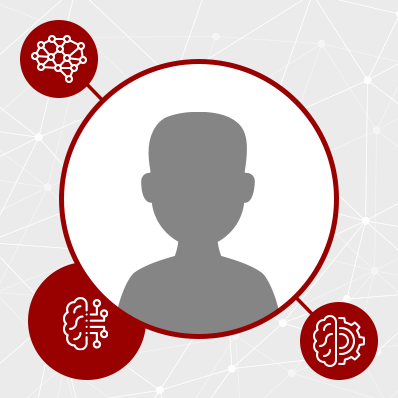Piray, Payam
Assistant Professor of Psychology
How do people make sense of incomplete and noisy observations? How do humans make decisions in an uncertain world and how do they learn from their mistakes? We investigate these problems in health and disease using computational and experimental tools.
Rouhani, Nina
Assistant Professor of Psychology
The Interactive Cognition Lab uses an interdisciplinary framework, drawing from computational neuroscience, cognitive science and psychology, to uncover how learning and memory processes guide individual and interactive behavior in the laboratory and real world.
Valadez, Emilio
Assistant Professor of Psychology
Our lab focuses on understanding how early risk factors, such as temperament and early adversity, confer risk for future emotional problems among children and adolescents. More specifically, we are interested in how executive functions (assessed with a combination of behavioral, EEG, and MRI measures) moderate the psychiatric impact of early-life risk factors. Three interrelated questions spanning basic and translational work guide our research: 1) How are executive functions supported by the brain? 2) How do early risk factors alter the development of executive functions? 3) How do executive functions interact with early risk to modulate psychiatric outcomes? Ultimately, our work aims to better understand basic cognitive and developmental processes to identify novel target mechanisms for intervention.






